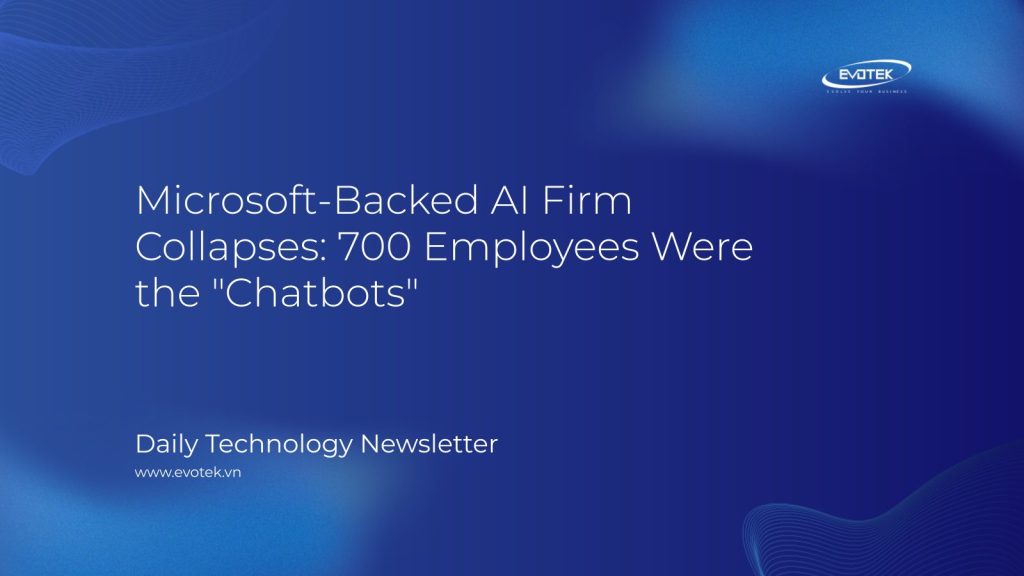London, UK – A once-promising AI startup, buoyed by significant investment from Microsoft, has spectacularly imploded after the revelation that its cutting-edge AI was powered by hundreds of human workers in India.
Builder.ai, once valued at $1.5 billion, pitched its platform as a revolutionary AI solution, where app development was as simple as ordering pizza. Their virtual assistant, “Natasha,” was marketed as an AI-driven engine for software creation.
However, according to reports from the Times of India, the reality was far different. A team of roughly 700 engineers in India were diligently and manually coding customer requests behind the scenes, effectively acting as the AI.
The house of cards began to crumble in May when lender Viola Credit seized $37 million due to discrepancies in Builder.ai’s financial projections. An audit exposed that the company’s 2024 revenue was significantly overstated – a mere $50 million compared to the projected $220 million.
Concerns about Builder.ai’s claims had previously surfaced. A 2019 Wall Street Journal article questioned the company’s AI claims, and a former executive filed a lawsuit alleging investor deception and inflated technical capabilities.
Despite these red flags, Builder.ai successfully raised over $445 million from prominent investors, including Microsoft and the Qatar Investment Authority. The company’s downfall has triggered a federal investigation in the U.S., with New York prosecutors seeking financial documents and customer records.
Sachin Dev Duggal, the founder, stepped down earlier this year, replaced by Manpreet Ratia, who is said to have uncovered the company’s fraudulent practices.
Currently, Builder.ai faces substantial debts to Amazon and Microsoft for cloud computing services and has laid off approximately 1,000 employees. The company announced its insolvency proceedings on LinkedIn, citing “historic challenges and past decisions.”
This collapse is considered a major setback for the AI investment boom, highlighting the dangers of “AI washing,” where companies falsely advertise manual services as AI-powered to attract funding. This incident is a cautionary tale for investors and consumers alike.

 日本語
日本語 한국어
한국어 Tiếng Việt
Tiếng Việt 简体中文
简体中文